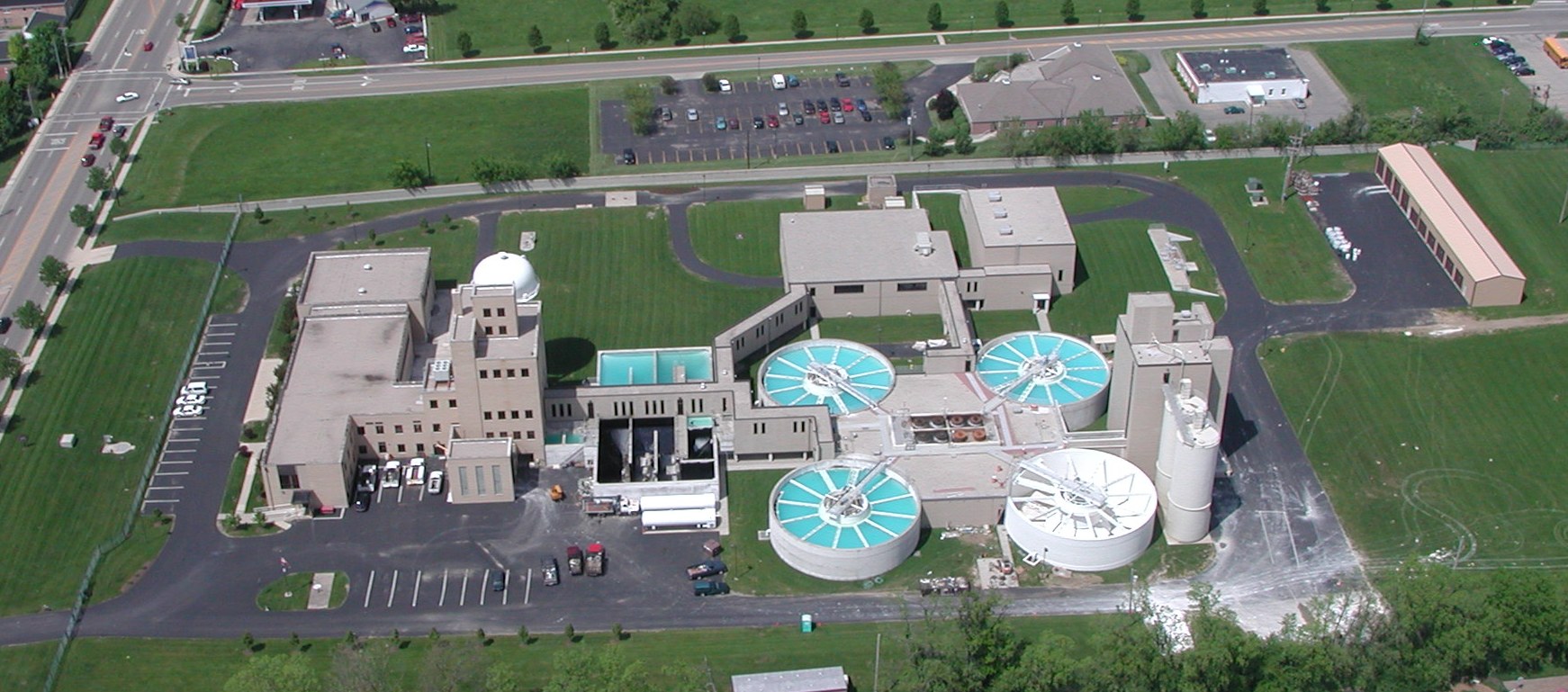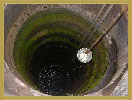
How can I protect drinking water sources?
Currently a very small percentage (0.2% to 2.0%) of the nation’s aquifers are contaminated. It is important to remember that the majority of aquifer contamination is in urban and intensely farmed areas.
Anyone who depends on groundwater for their drinking water has a stake in protecting it from contamination. This includes anyone from the largest utility to individuals in a small community.
Although we often think of major accidents as the cause of groundwater contamination, many seemingly insignificant sources may contribute greatly to the quality of it. Our personal actions and choices have direct consequences on the quality of our environment. Well thought out, long-range decisions can benefit everyone in a community. The following tips can help you to protect your drinking water:
What can you do?

Reduce, Reuse, Recycle!
- Never dump paints, oils, or other household hazardous wastes in dry wells, storm sewers, gutters or other improper areas. Many auto repair shops will accept used oil, and cities have household hazardous waste collection days. Call (513) 887-3653 for Butler County hazardous waste collection dates. (verify the number is still good)
 Follow application directions for fertilizers, pesticides, and herbicides. Over-application not only wastes money, but also can be bad for the environment. Where possible, use environmentally-friendly alternatives like integrated pest management.
Follow application directions for fertilizers, pesticides, and herbicides. Over-application not only wastes money, but also can be bad for the environment. Where possible, use environmentally-friendly alternatives like integrated pest management. Properly maintain private water wells. Cracked casings or concrete pads can lead to groundwater contamination. Have them properly sealed if they are not used any longer.
Properly maintain private water wells. Cracked casings or concrete pads can lead to groundwater contamination. Have them properly sealed if they are not used any longer. Use safe alternatives to commercial cleaning products, such as bleach for cleaning toilets and ammonia for washing windows. The alternatives are less expensive too!
Use safe alternatives to commercial cleaning products, such as bleach for cleaning toilets and ammonia for washing windows. The alternatives are less expensive too!- Have septic systems checked regularly. Chemical additives can be harmful to the bacteria that become part of the treatment process. Use septic tank approved chemicals when necessary.
 Conserve water; the more water a supplier has to pump to meet demand, the more rapidly a potential pollutant may be drawn toward a water supply well. You can conserve by:
Conserve water; the more water a supplier has to pump to meet demand, the more rapidly a potential pollutant may be drawn toward a water supply well. You can conserve by:- Watering your lawn in the morning or evening to reduce evaporation losses.
- Installing a toilet dam and low flow shower head to reduce water use in the bathroom.
- Running your dishwasher and washing machine with full loads only.
- Turning the water off when you brush your teeth or hand wash dishes.
 Reporting illegal or abandoned waste sites or dump sites. Drums of hazardous wastes dumped illegally or abandoned can be a serious threat.
Reporting illegal or abandoned waste sites or dump sites. Drums of hazardous wastes dumped illegally or abandoned can be a serious threat. Get involved in community groundwater education and protection programs today!
Get involved in community groundwater education and protection programs today!
Navigation
- What is Groundwater?
- Miami Conservancy District Well-Sealing Grant (info and power point)
- Groundwater Monitoring
- Groundwater Contamination
- Cost of Contamination
- Pharmaceuticals in the Groundwater

